ARS is working with the Washington State Departments of Health and Agriculture and USDA’s Animal and Plant Health Inspection Service to prevent the northern giant hornet, formerly known as Asian giant hornet, from becoming established in the United States.
Search Articles
-
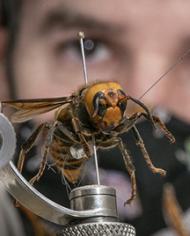
-
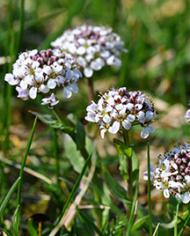
Researchers determined that winter camelina and pennycress are effective in reducing excess nitrogen and preventing its escape from farmland.
Mar 31, 2021 -
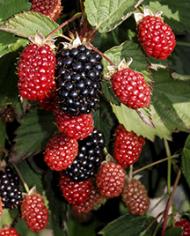
ARS researchers released two new varieties of blackberry: ‘Twilight’ and ‘Hall’s Beauty.’
Mar 25, 2021 -
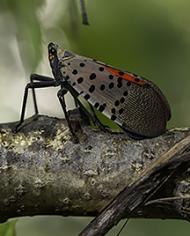
A team of ARS scientists in cooperation with Pacific Biosciences published the first genome of the invasive spotted lanternfly.
Mar 23, 2021 -
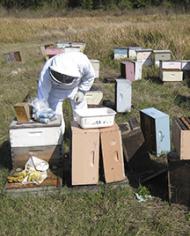
Putting honey bees into indoor cold storage in October rather than November increases their chances of surviving the winter.
Mar 22, 2021 -
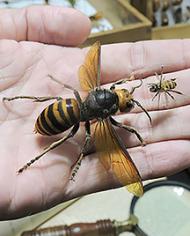
ARS is helping lead the mapping of the first complete genome of the Asian giant hornet.
Mar 11, 2021 -
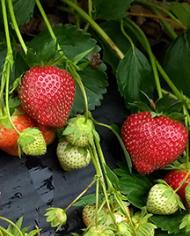
Learn about the Keepsake strawberry developed by ARS
Mar 11, 2021 -
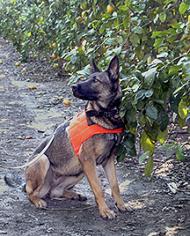
Scientists are using dogs to sniff out citrus orchards for the devastating pathogen HBL, also known as Citrus Greening.
Mar 11, 2021 -
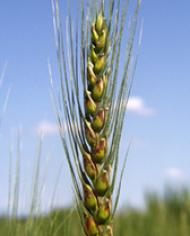
Work by the U.S. Wheat and Barley Scab Initiative, an ARS-led coalition, has reduced scab losses eightfold since 2004.
May 28, 2018 -
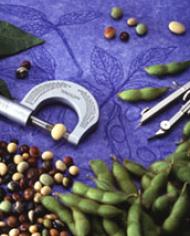
In an effort to reduce cooking time, ARS scientists discovered that genetic differences exist among beans that determine how long it takes the bean to cook.
May 25, 2018 -
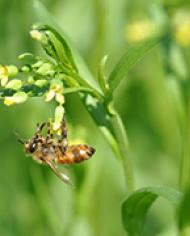
Two oilseed crops that are good for pollinators—pennycress and camelina—can fit into profitable rotations with corn and soybeans.
Apr 24, 2018 -
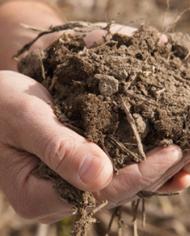
ARS scientists have shown that anaerobic soil disinfestation is a promising alternative to methyl bromide fumigation.
Apr 19, 2018 -
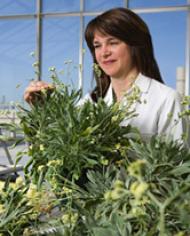
ARS scientists have made breakthroughs in producing passenger tires with guayule rubber.
Apr 11, 2018 -
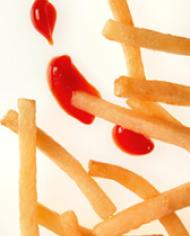
ARS scientists released two new varieties of potatoes—'Clearwater Russet' and 'Blazer Russet'—that will be used by McDonald's for French fries.
Mar 22, 2018


